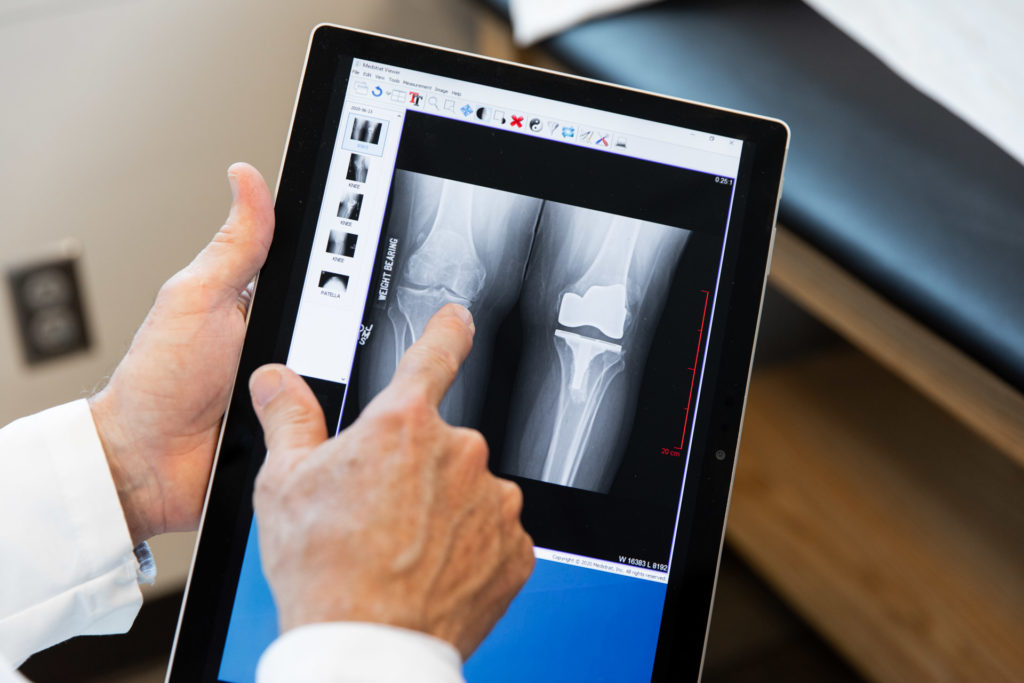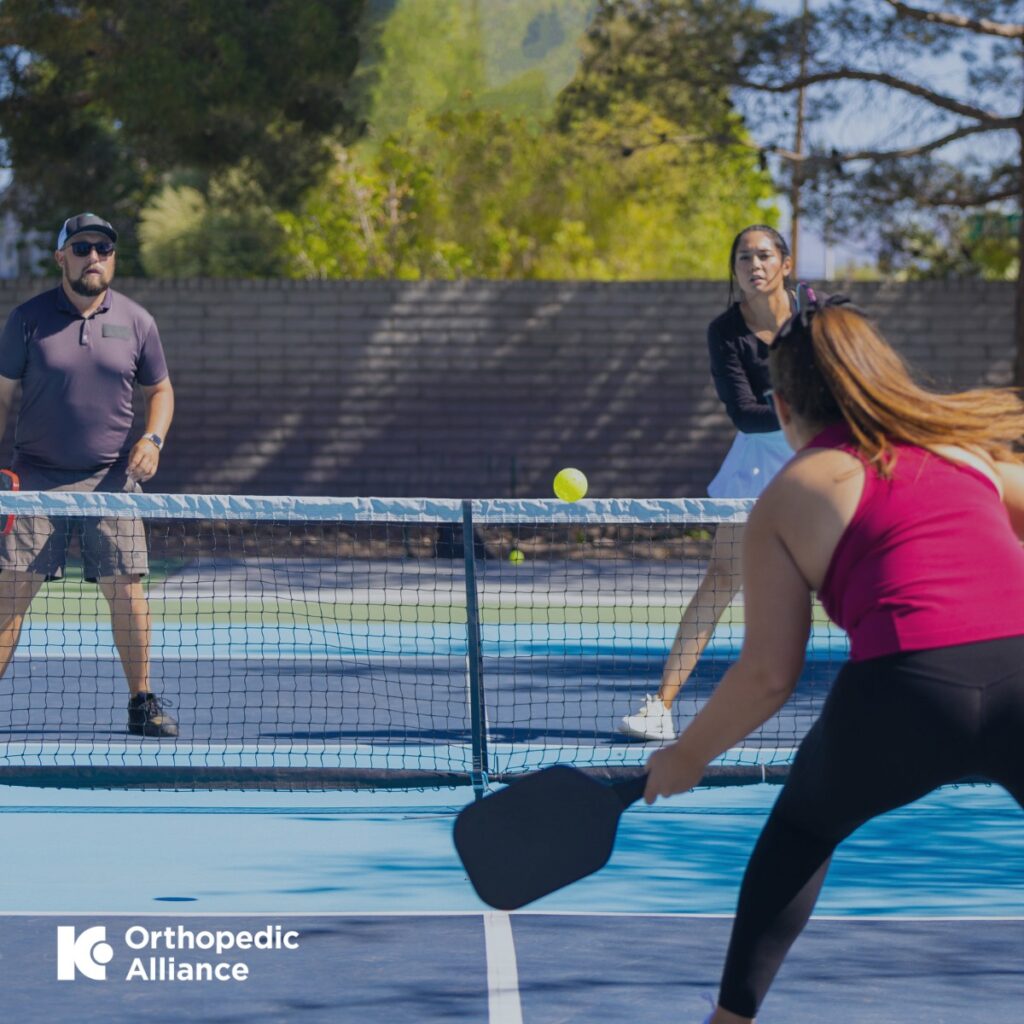
Whether you’re having a hip or knee arthroscopy, understanding when you can return to driving is crucial for your safety and those on the road. Some people may believe they are safe to get behind the wheel, when in reality, their body still isn’t capable of reacting properly to adverse driving conditions.
As a specialist in arthroscopy procedures, Dr. McCabe at APEX Orthopedics & Sports Medicine focuses on patient education as a foundation for every treatment. Often this means answering the question, “when can I drive after an arthroscopy procedure?” If you share the same concerns, read on to learn more.
When can I start driving after my arthroscopy?
It might seem obvious that your hip and knee are critical to the basic functions required to operate a vehicle. But in reality, most patients are eager to get back behind the wheel and feel more independent after a knee or hip arthroscopy. Here are some general tips from our sports medicine doctors about when you can return to driving.
You shouldn’t drive if you’re still on narcotics.
Your physician may prescribe narcotics to eliminate pain you may have from surgery. You should never drive while under the influence of narcotics. We can’t say how long you will need medications since it varies from person to person and how well you are able to tolerate pain on your own.
However, you shouldn’t force yourself to suffer through pain just to drive again. It’s best to have a family member or friend help you get around (or use public transportation) until you no longer require narcotics for pain management.
You shouldn’t drive if your reaction time is delayed.
Reaction time is key to understanding whether or not you can drive following a medical procedure like a lower-extremity arthroscopy. If you cannot reach or press on the brakes fast enough, you shouldn’t be driving.
Also, if you have pain when you switch from the gas pedal to the brake, this could slow down your reaction time, meaning you should also stay away from driving. You can always practice in an empty parking lot with a friend to test how well (fast) you can brake.
So when can I drive after an arthroscopy procedure?
Keep in mind that when you can resume driving again depends on your body. Some patients will be able to drive sooner than others. According to a study that analyzed brake reaction times after a knee arthroscopy, four weeks was the average time most patients took to recover braking ability.
A study co-authored by Dr. McCabe evaluated breaking time after hip arthroscopy. Patients who had left hip arthroscopy recovered their braking ability by two weeks after the procedure. Patients who had right hip arthroscopy recovered braking ability by four weeks after surgery.
Think about it this way: if somebody else on the road near you were trying to resume driving after surgery before their body was ready, would you feel comfortable driving alongside them?
If you aren’t sure whether or not you can drive after orthopedic surgery, always consult your physician before you take the next step. Dr. McCabe is always available to talk with his patients about their concerns and would rather you feel confident and safe to return to the road.
Learn more about Dr. McCabe at APEX Orthopedics & Sports Medicine
Dr. McCabe obtained his fellowship in sports medicine and arthroscopy. He focuses on arthroscopic procedures of the hip, knee, shoulder and elbow.
Since hip arthroscopies aren’t a common procedure, Dr. McCabe prides himself on being one of the few physicians in the Kansas City area who performs the procedure for patients of all ages. Through proper technique and the understanding of which patients would benefit the most, Dr. McCabe has completed countless successful arthroscopies throughout the years.
Dr. McCabe also focuses on sports medicine for athletes of all ages. He has a special interest in high school athletes. He is currently the designated sports physician for Belton High School, Ray-Pec High School, and Grandview High School. In addition to high school sports, he also works as a consultant for Sporting KC and KC Ballet.
While most of his patients fall under the sports medicine category, he doesn’t solely focus his attention on athletes. In reality, a large portion of his patients are people who simply live an active lifestyle or have recreational hobbies such as running or fitness.


